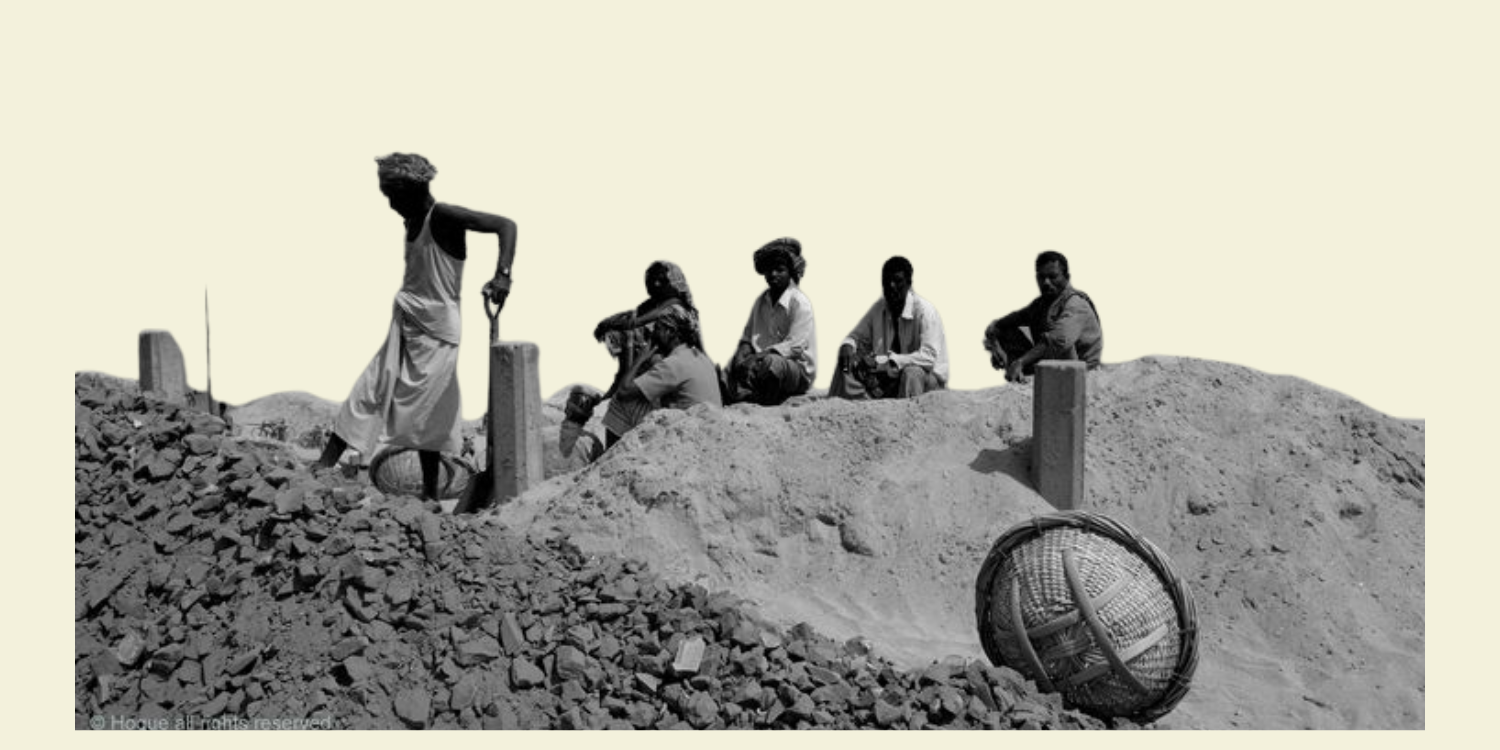Authored by – Sitara Srinivas
Edited by – Kausumi Saha
Part 3 of a three-part series on the Ship Recycling Industry In India. Read Part 1 here and Part 2 here.
ABSTRACT
The next few years are predicted to see a boom in the ship recycling industry, for reasons that include the financial slowdown at the global level, and the passing of the Recycling of Ships Act, 2019 and ratification of the Hong Kong Convention at the domestic level. This paper, the second in the two-part series on ship recycling, engages with the implications of this boom, both on the lives of workers and the environment. It additionally contextualises the politics of waste – specifically, the global waste trade, and highlights the possibility of a refocus from ship recycling to shipbuilding in the country.
The shipping industry is an integral aspect of the world economy,
INTRODUCTION
supporting intercontinental trade, transport of oil and raw material as well as the import and export of goods between countries and continents. At present, there are about 50,000 merchant ships at sea, not including oil tankers, cruise ships and military vessels (International Chamber of Shipping n.d.). These ships have an average service life of 30 years, post which they are recycled or dismantled. Asia is at the centre of the ship recycling industry, with India, Bangladesh, Pakistan, China, and Turkey controlling a large part of the trade. Alang-Sosiya in Gujarat is the most important ship recycling site in India, controlling over 90% of India’s ship recycling industry.
The next few years are predicted to see a boom in the industry, for reasons that include the financial slowdown at the global level, and the passing of the Recycling of Ships Act, 2019 and ratification of the Hong Kong Convention at the domestic level. This paper engages with the implications of this boom, both on the lives of workers and the environment. It additionally contextualises the politics of waste – specifically, the global waste trade.
Beginning from the second half of the twentieth century and resulting from rapid technological and industrial development, developed (or industrialised) countries have been generating increasing amounts of toxic waste. This waste often finds itself dumped in the countries of the Global South1, due to a variety of reasons: increase in the cost of treating and disposing of these escalating quantities of waste in the Global North (particularly due to the stringency of environmental norms that govern the treatment of the waste); the need to cut costs and increase profits; the deep-rooted colonial and racist consequences of fiscal relief to former colonies in exchange for permission to dump waste2; and finally, the notion that toxic dumping on poor communities is acceptable (Pellow 2007: 8-9). India itself has been a destination for waste from Australia, the United Kingdom, the United States, Germany and Japan. Data is largely unavailable for exactly what type of waste came from where, but India is amongst the top 10 plastic scrap importers in the world (Arora 2019).
[ohio_button layout=”fill” shape_size=”large” shape_position=”left” full_width=”1″ icon_use=”1″ link=”url:/wp-content/uploads/2021/01/7ed2bc_a88584750567405d8aa6c606143e9c27.pdf|title:Read%20More” icon_as_icon=”linea-basic-eye” title_typo=”{“font_size“:““,“line_height“:““,“letter_spacing“:““,“color“:“#262626“,“weight“:“inherit“,“style“:“inherit“,“use_custom_font“:false}” title_typo_hover=”{“font_size“:““,“line_height“:““,“letter_spacing“:““,“color“:“#262626“,“weight“:“inherit“,“style“:“inherit“,“use_custom_font“:false}” color=”brand”]





